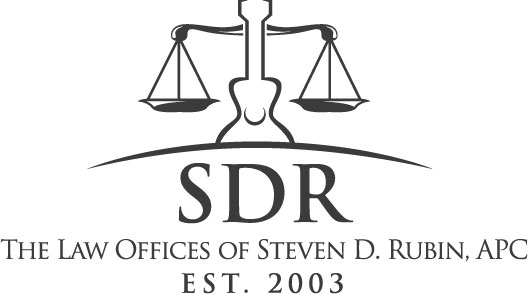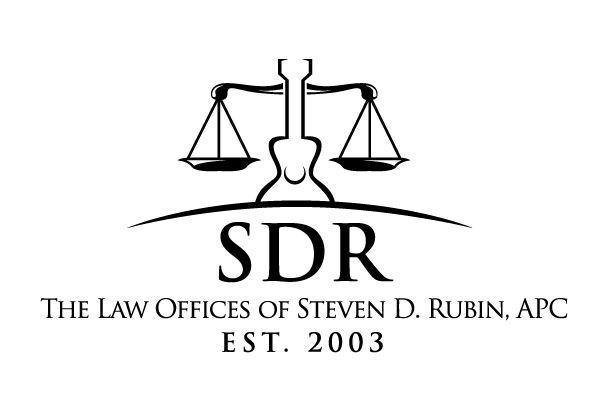
(Tax Law) Treatment of Certain Foreign Currency Transactions
The IRS rules and regulations concerning the taxation of foreign currency transactions are very complex. However, where the taxpayer is an individual, as well as for many partnerships, corporations and limited liability companies, the basic rules are as follows:
1. As a general rule, any foreign currency gain or loss shall be computed separately and treated as ordinary income or loss.
2. As an exception to the general rule, a taxpayer may elect to treat any foreign currency gain or loss attributable to a forward contract, a futures contract, or option as capital gain or loss if the taxpayer makes such election and identifies such transaction before the close of the day on which such transaction is entered into. This election need only be made in the taxpayer’s books and records.
3. As another exception to the general rule, a taxpayer may elect to treat any foreign currency gain or loss attributable to any regulated futures contract or non-equity option which would be “marked to market” under Internal Revenue Section 1256 if held on the last day of the taxable year as capital gain or loss if the taxpayer makes such election and identifies such transaction before the close of the day on which such transaction is entered into. This election must be mailed to the IRS in compliance with the IRS’s detailed regulations as to the manner for making the election.
So, if the taxpayer holds the currency itself (paper money and coins), or cash equivalent such a certificates of deposit and the like, the taxpayer cannot elect out of ordinary income or loss treatment.
The election mentioned in Item 2, above, need only be entered in the taxpayer’s internal books and records. But do not be fooled. In the event of an audit, the IRS usually requests corroboration of such “internal” records such as a broker’s statement. Thus, it is a good idea to purchase such contracts and make such elections through a broker whose records may prove more believable than the taxpayer’s records.
In contrast, the election mentioned in Item 3, above, is proscribed by regulation. This election is very detailed and must be mailed to a specific address within the IRS and contained detailed information about the transaction.
If the above elections are not properly and timely made, the IRS may re-characterize the gain or loss as ordinary gain or loss.

